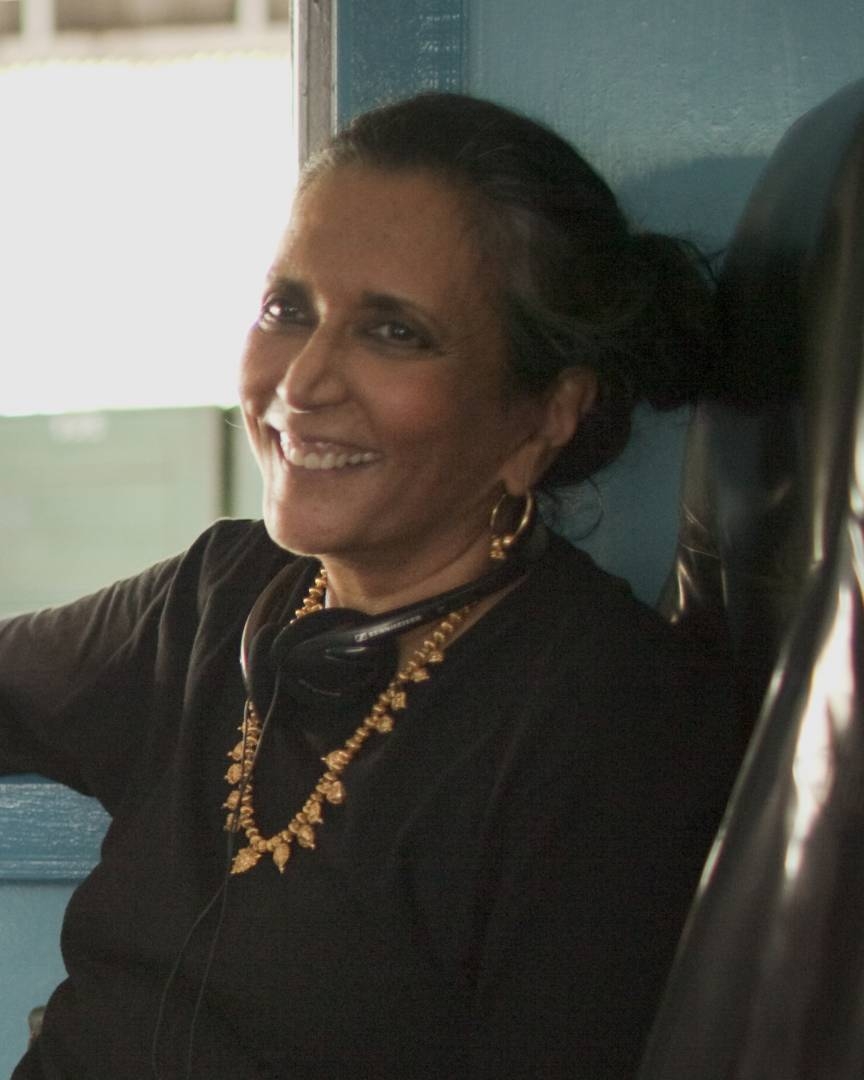
Ottawa Writers Festival Previews Deepa Mehta’s Midnight’s Children
On October 24, the Ottawa Writers Festival hosted the Ottawa Premiere of Toronto-based Indian director Deepa Mehta’s new film, Midnight’s Children at the World Exchange Plaza. So many advance tickets bought that the Festival had to add an extra screening earlier in the afternoon to accommodate the excited viewers. The movie was greeted by the audience with praise and Mehta appeared at the end of the viewing to answer questions from the audience.
The film is based on British-Indian author and international celebrity Salman Rushdie’s most critically acclaimed novel of the same name. Midnight’s Children as a novel has won Rushdie the Man Booker Prize for Fiction in 1981 as well as special Booker award in 1993 and the Best of the Booker Prize in 2008. The book is one of the most well-known examples of Postcolonial fiction as well as one of the earliest prominent examples of Magic Realism in a novel, a technique in which historical events are blended with fantastical elements.
It tells the story of Saleem Sinai, a young boy who is born on the stroke of midnight on the night that India was granted independence from Britain. As Saleem grows up, he starts to notice that his life is tied directly to the republic of India and as the nation suffers, so does he. He also discovers that he, along with the thousand other children who were born on the midnight of India’s independence, have gained supernatural abilities. The story chronicles his life as he comes to term with his role in relation to his country and his unique place in history.

Deepa Mehta was well aware of the inherent difficulties of adapting such a complex novel to the big screen. The book has nearly 100 different characters and takes place over a 60-year period, making it extraordinarily difficult to fit into a normal length feature film. Mehta was convinced there was only one person who could help her adapt the book: the author himself. “I felt very strongly that [Rushdie] should write the screenplay,” she told the audience. Rushdie was less optimistic, although Mehta convinced him to create an outline of key plot points for a screenplay to show to her anyway. They both created a list of the most important elements they believed the film should showcase, and met each other later on to discover their synopses were identical. Rushdie agreed to the project and together they began what the film’s producer David Hamilton described as a “four year sojourn” to bring the book to the big screen.
Hamilton and Mehta shared stories about the production; including the day Hamilton misplaced an elephant while filming a parade scene. One of the biggest issues the film crew had to deal with was opposition to Rushdie and his writing. Rushdie made international headlines in 1989 after publishing his controversial novel, The Satanic Verses, which received negative attention from the Iranian government and Ayatollah Khomeini, who called for the author’s death for insulting the prophet Muhammad. During the movie shoot, the Iranian government put pressure on the Sri Lankan government to deny the crew permission to film in the country. With the help of Canadian diplomats in Sri Lanka, who worked, according to Hamilton, “with fury and finesse,” the government allowed them to proceed.
Midnight’s Children is stunningly beautiful, featuring exotic, diverse locations and a colourful cast of international actors. The film starts out a bit slow, but by the second act it picks up momentum. The third act is the by far the best part of the movie, with towering performances by all cast members and a haunting yet beautiful ending that left the audience speechless.
Mehta’s new movie is a testament to the creativity and determination of a terrific director and serves as irrefutable proof that the Canadian film industry has matured immeasurably since the days of Shivers, Who Has Seen the Wind?, Your Ticket Is No Longer Valid, In Praise of Older Women, and The Kidnapping of the President.

Midnight’s Children will be released in theatres November 2.












